Tooth trauma healing time : Patients with this problem have problems eating, speaking, and maintaining oral hygiene because their jaw muscles are stiff and frozen. As well as causing jaw contractions, this disease also causes severe pain that affects quality of life.
Tooth trauma healing time
The patient cannot chew because the force of the contraction prevents the mouth from opening sufficiently due to dental trismus, which is a contraction of the jaw muscles. Due to the involuntary contraction of the facial muscles, this condition causes a compulsive smile with closed lips and raised eyebrows.
An adult should be able to open their mouth between 40 and 50 mm under normal circumstances. Dental trismus prevents people from opening their mouths wide enough. There is a possibility that this condition will last for months, but it can also last for a few days. It can be mild and last only a few hours or resolve over time, or it can become more chronic and cause serious complications.
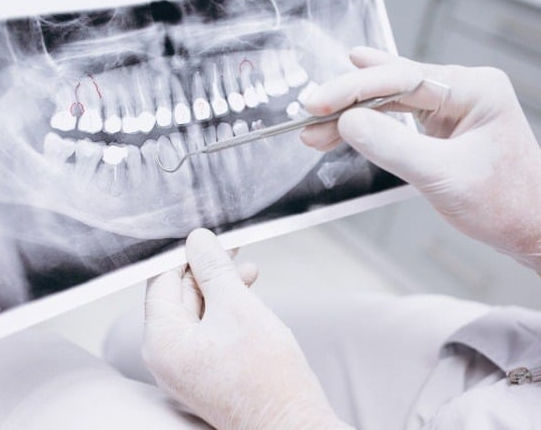
causes of dental trauma
In addition to systemic diseases affecting facial and body muscles, dental trismus can also be caused by secondary reactions to tooth extractions. The following are the most common causes and symptoms of dental trismus:
Disorders of the temporomandibular joint:
On each side of the head, the temporomandibular joint, or TMJ, is located in front of the ear and plays a key role in opening and closing the mouth.
TMJ dysfunction is often accompanied by chronic pain that worsens under certain circumstances. It can be aggravated by improper posture during the day, sleep disorders, sudden neck and head movements, and even stress.
The cause of TMJ disorder can be attributed to a variety of factors. A patient may have arthritis of the bones that make up the joint or an inflammatory disease surrounding the ear. Other causes include blows to the face and grinding teeth.
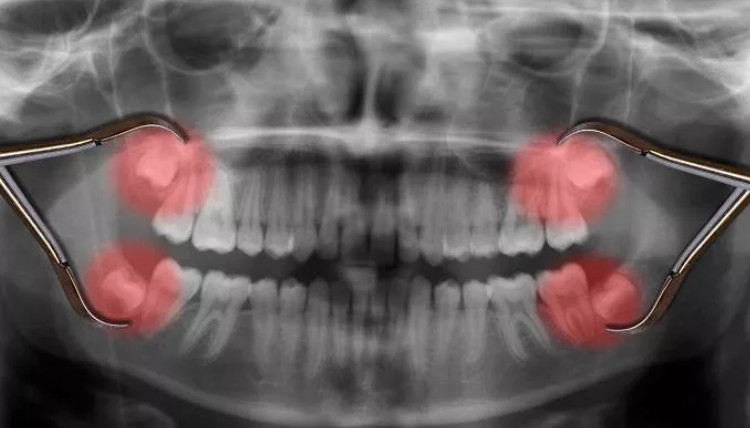
Infections of the mouth:
Dental trismus can be caused by infections around the mouth or caries. In cases of an abscess or phlegm, this is often evident.
An abscess is a collection of pus caused by an infection anywhere in the body. Around the tonsils, untreated disease can cause an abscess (abscess) in the oral cavity.
In addition to irritating passing nerves and muscles, the accumulated pus places pressure on nearby anatomical structures.
Side effects of drugs include:
Involuntary muscle contractions can be caused by some substances and drugs, causing trismus, one of their adverse effects. When used to reduce nausea and vomiting, metoclopramide is rarely associated with dystonia, or strange movements caused by involuntary contractions.
In children and when recommended doses are exceeded, adverse effects are more common. Malignant hyperthermia can be caused by some anesthetics. In patients undergoing anesthesia for a procedure, this is a rare adverse reaction. As a result, their body temperature and heart rate increase and they experience muscle spasms, including dental trismus.
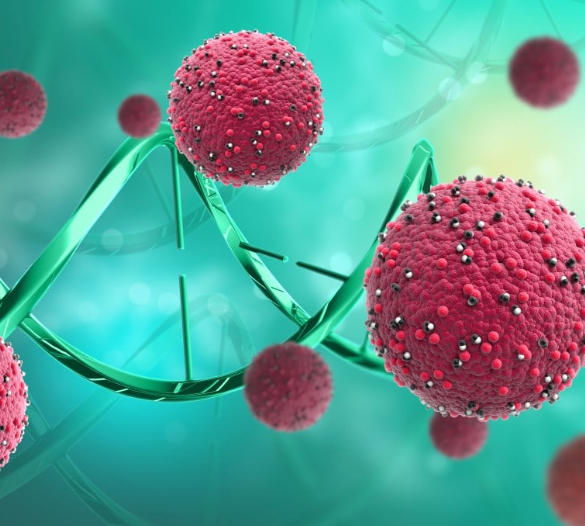
Radiotherapy and cancer:
Tooth trauma healing time : Trismus can also be a secondary symptom of oral cancer. Trismus is caused by the pressure exerted by the tumor on the nerves and the irritation caused when the tumor grows and comes into contact with the chewing muscles. A medium-term complication of certain cancer treatments is dental trismus. An increase in trismus risk is associated with head or neck neoplasms and radiotherapy treatment.
Radiation therapy for cancer treatment produces scars in the muscles because it stimulates the production of scar tissue. In order to reduce the risk of this side effect, the lowest radiation dose is recommended to prevent this fibrous tissue from preventing proper muscle contraction.
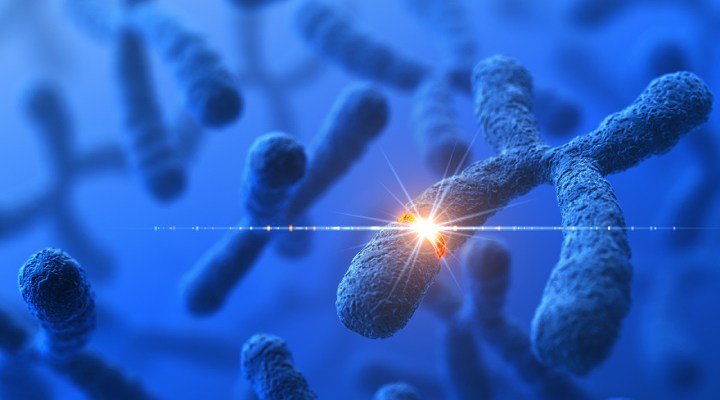
Infection with tetanus:
The bacterium Clostridium tetani causes tetanus. As a result of the neurotropic toxin produced by the microorganism, muscle spasms are the main symptom of the infection, which can affect any part of the body, including the face. This disease can be prevented with a vaccine.
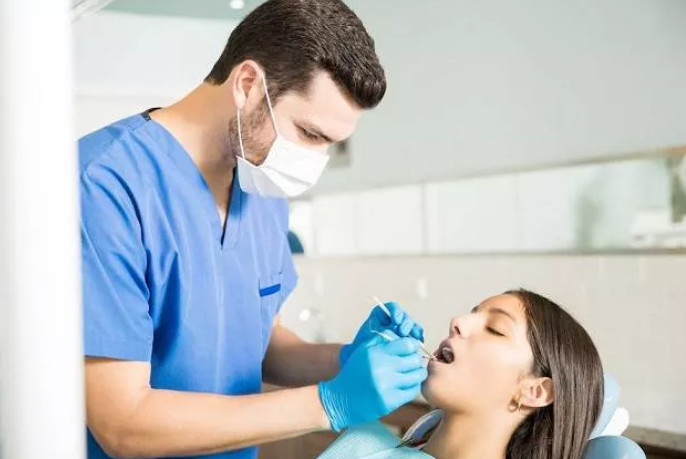
Surgery of the mouth:
As a side effect of surgery to treat caries, dental trismus can occur as a result of irritation of adjacent structures. It is possible to develop trismus after oral surgery, including the extraction of wisdom teeth.
Dental trismus can also be caused by:
Dental trismus can be caused by the following rare causes:
Deficiency of calcium:
Low calcium levels in the bloodstream can affect muscle contractions throughout the body, causing hypocalcemia.
The stiff personality syndrome is characterized by:
It is an autoimmune disease that causes muscle spasms and usually occurs in conjunction with other disorders, such as vitiligo caused by antibodies.
dental trauma symptoms
Tooth trauma healing time : Almost always, dental trismus affects both sides of the jaw at the same time, reaching maximum contraction within a day or two. Sometimes, the lips do not close completely and the mouth remains open. Headaches and earaches are common symptoms of trismus in the head and neck area. The second symptom is often associated with TMJ disorders. Symptoms associated with this condition include:
Mouth feeling dry
Problems with speech
Other than facial masticatory muscle cramps
Biting, chewing, and brushing teeth are difficult
Some foods are difficult to swallow
Dental trauma can cause the following complications:
Dental trismus may cause complications if it becomes chronic. Complications include:

Nutritional malnutrition:
An inability to eat properly results in a decrease in nutrient intake and a change in meal timing due to dental trismus. There is a risk of weight loss if these months continue.
Teeth grinding:
TMJ dysfunction can result in trismus when teeth are ground down. Chronic dental trismus may result in tooth wear, such as enamel wear.
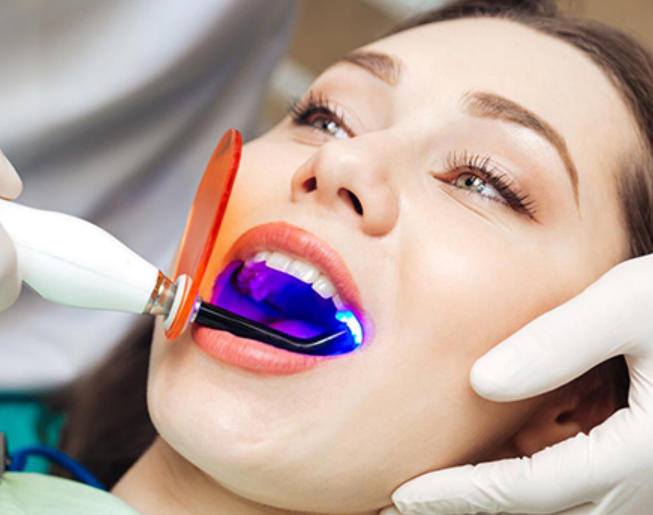
Decay of the teeth:
Because people with trismus cannot fully open their mouths, they have difficulty maintaining oral and dental hygiene and frequently cannot properly brush and floss their back teeth. These people are more likely to suffer from the most common oral diseases due to poor oral hygiene.
What is the diagnosis of dental trismus?
A doctor diagnoses dental trismus during a physical examination by assessing the contraction of the chewing muscles and the patient’s difficulty opening his mouth.
An objective sign is the size of the mouth opening.
It is possible that dental trismus occurs if the distance between the jaws is less than 35 mm when the jaws are separated.
Investigating and finding the cause of the problem requires additional methods. If there is a suspicion of injury and a nerve-muscle connection, imaging tests (X-rays, MRIs, CT scans, ultrasounds) and even electromyograms may be ordered.
dental trauma treatment
The root cause of dental trismus must first be identified in order to treat and solve the problem. When the underlying cause is not diagnosed or a significant impairment in quality of life occurs, some specific measures and medications can reduce symptoms.
Anti-inflammatory drugs and muscle relaxants:
Combining anti-inflammatory drugs with muscle relaxants can reduce jaw pressure. As a result, the patient can eat and observe hygiene a little more comfortably.
It is possible to prescribe anti-inflammatory, non-steroidal, and steroid drugs equally. Taking muscle relaxants causes drowsiness and interferes with daily activities.
In the days following complex or time-consuming surgery, ibuprofen or paracetamol can reduce the risk of side effects. A dentist should prescribe medication.
Massage and physiotherapy:
Patients with dental trismus should work with a physiotherapist. A specialist can assist in achieving relaxation and stretching exercises for the jaw.
The majority of people with head and neck cancer who undergo radiotherapy participate in physical therapy sessions and do relaxation and stretching exercises. The incidence of trismus in this population group is reduced as a result.


